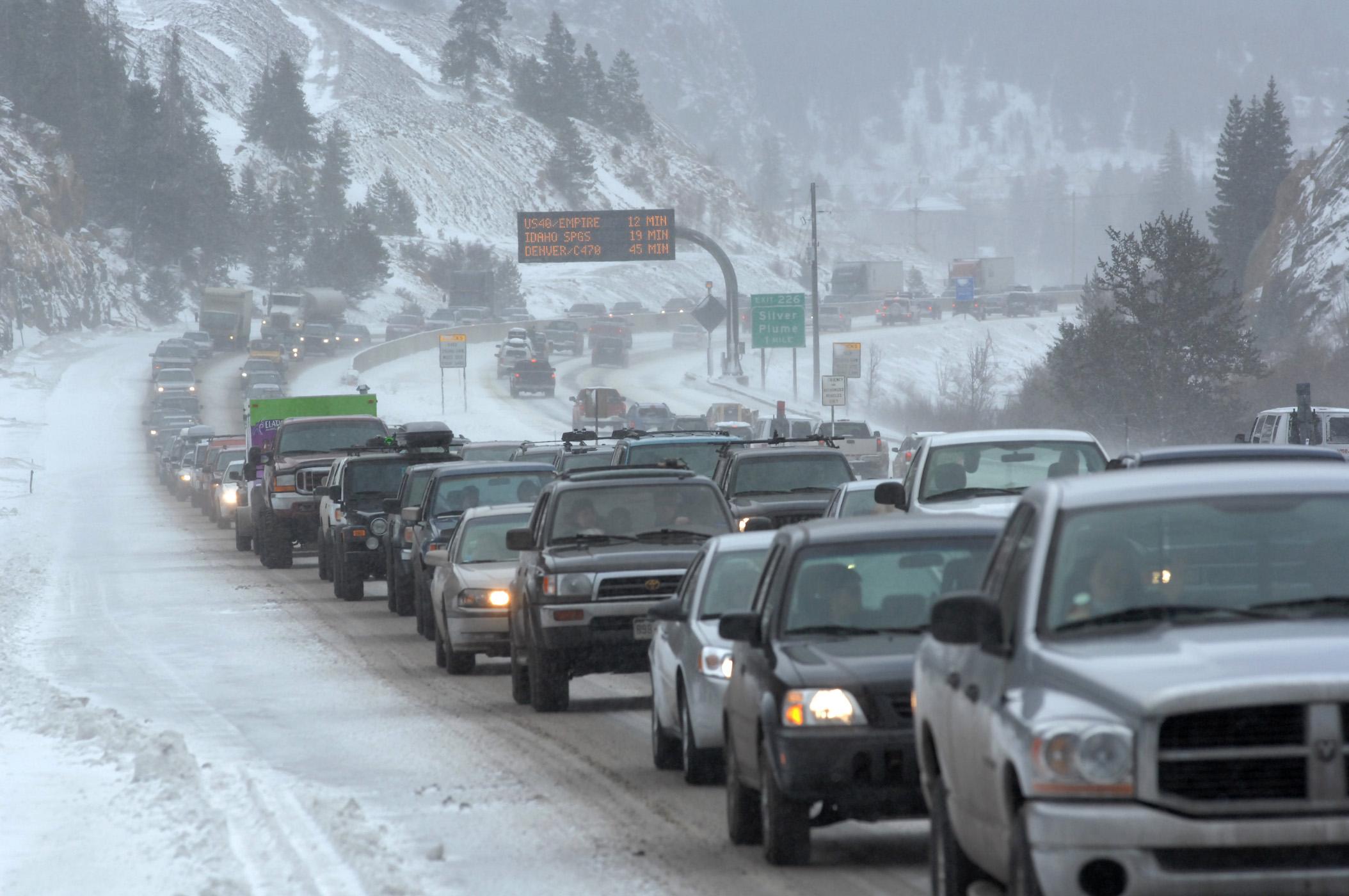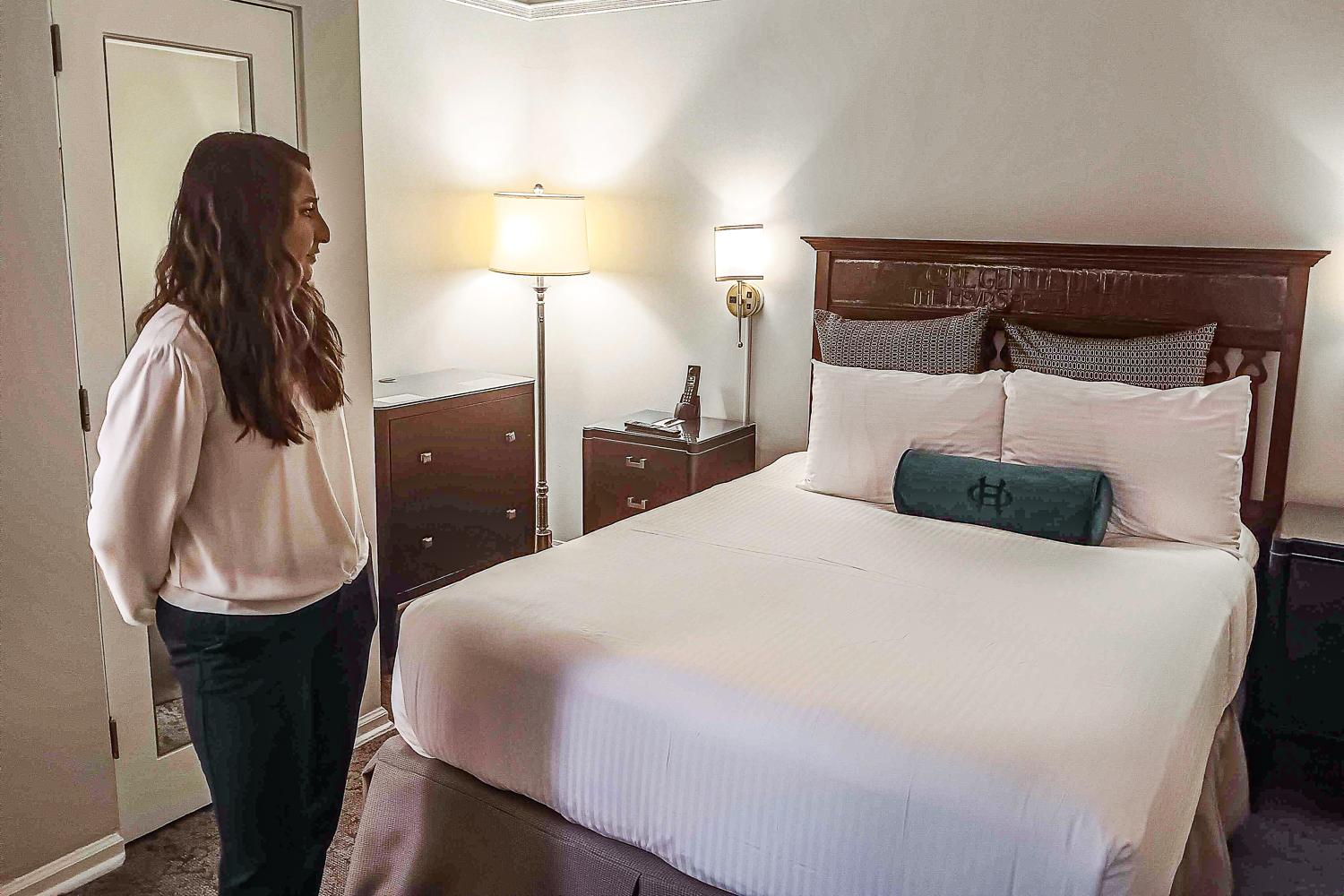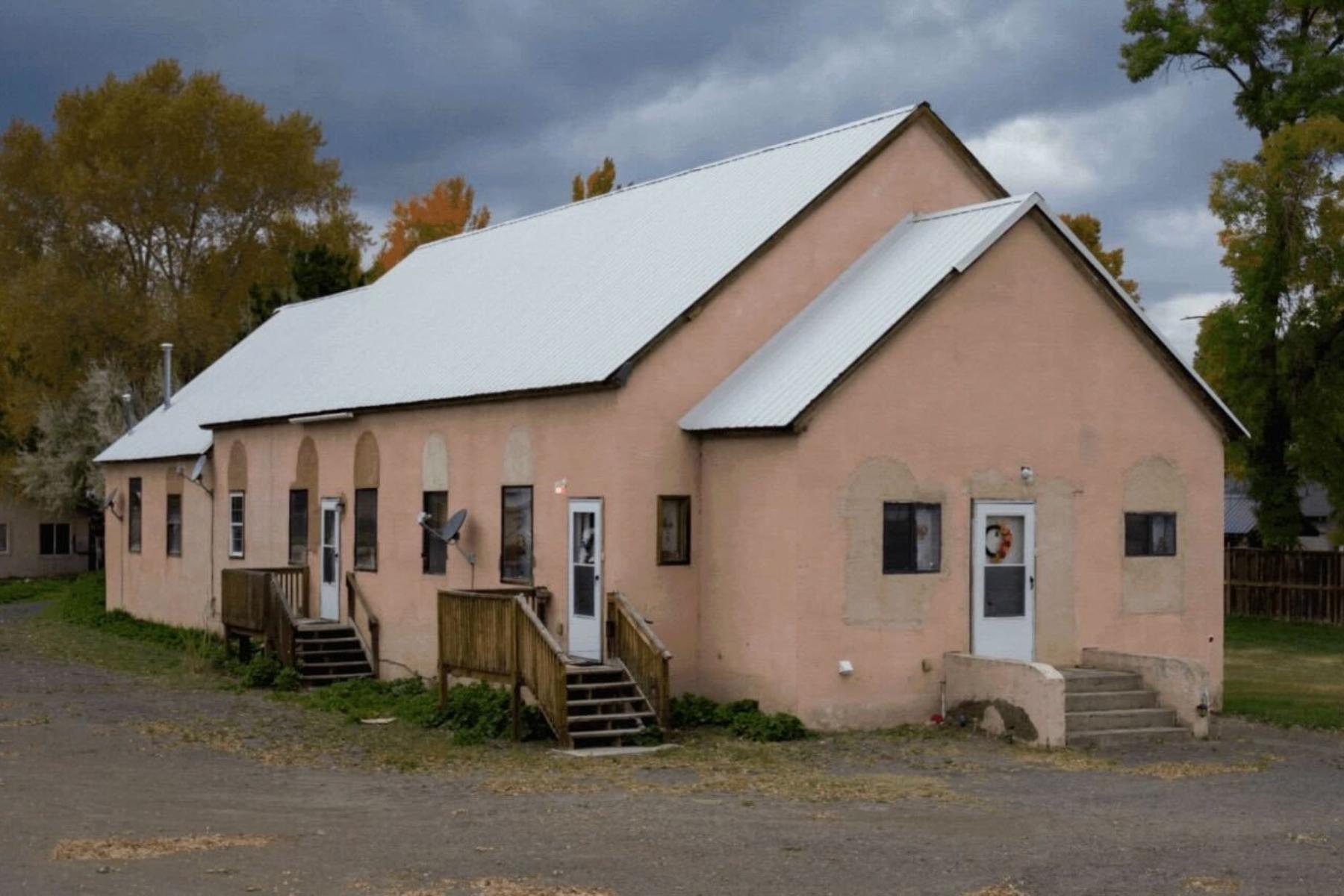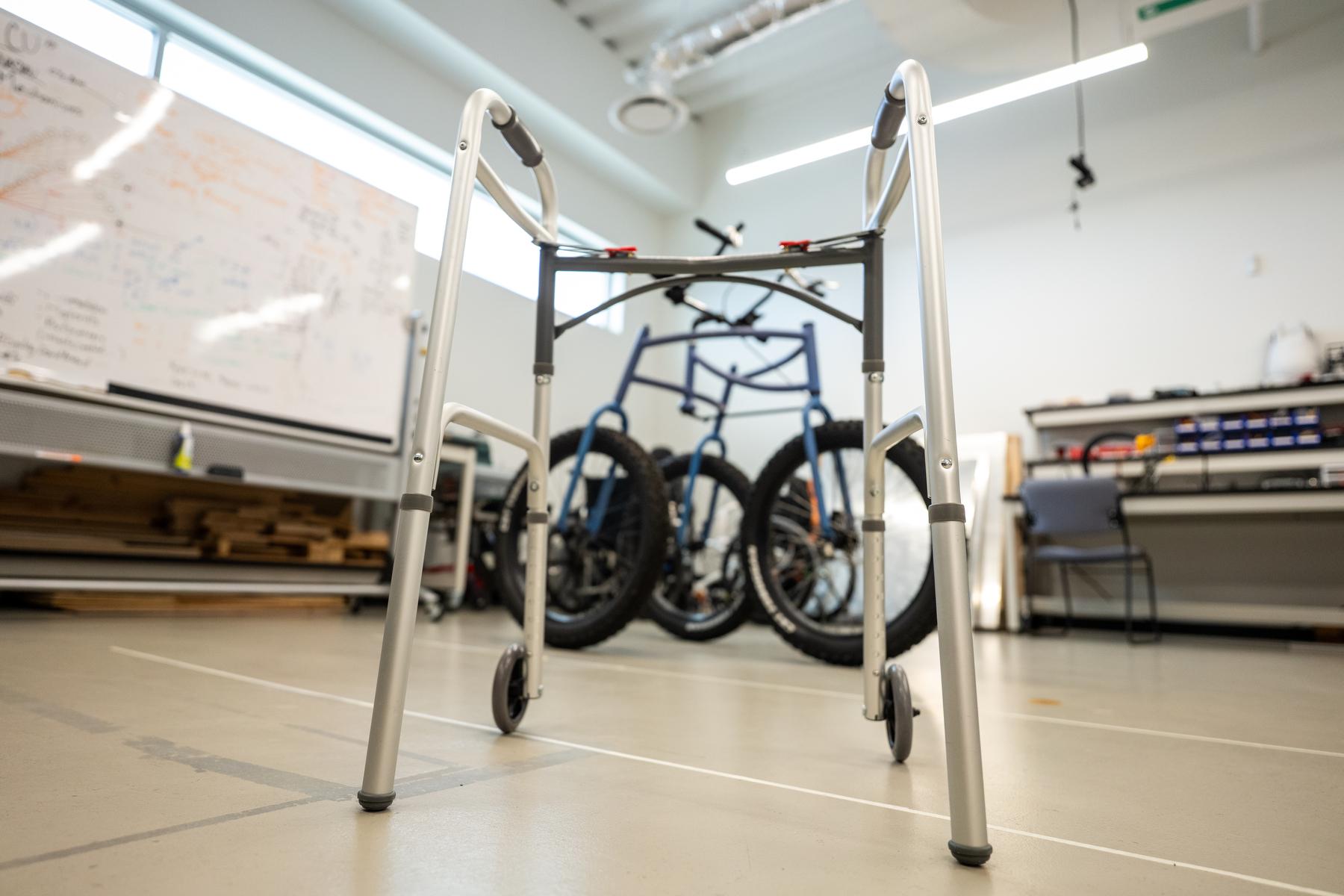

It doesn't take much to fall prey to winter ski traffic on I-70.
When even the best-laid 5 a.m. carpool departure times fall short, or an accident snarls the interstate for miles, it's easy to daydream about a passenger train direct from Denver to mountain resorts.
Sandra Yelton of Boulder has wondered about it before. She asked CPR News, “Why are there no passenger rail trains to Vail, Breckenridge, Aspen? Who were the personalities who promoted highway over rail construction?” Yelton submitted her question through the Colorado Wonders project.
It turns out the idea of a train through the mountains to ease I-70 congestion isn't off the table. The I-70 Collaborative Effort, a coalition of communities and businesses along the corridor, has launched a new study, and the findings could make the case for mass transit and its economic benefits.
But for some people there's an innate draw to traveling by train.
"I think it’s a pressure-free ride through the countryside, and it's oftentimes scenic," said Tim Mauck, the co-chair of the I-70 Collaborative Effort and the transportation liaison for Clear Creek County.
Right now, 50,000 or more cars pass through the Eisenhower Tunnel everyday. By 2025, as Colorado's population continues to boom, that could increase to 6o,o00, or even 7o,000, Mauck said.
A 2014 CDOT study on the I-70 corridor laid some groundwork for the future development of a mountain train, Mauck said. A magnetically powered train that could travel up to 90 mph was examined as one option.
Five years later, technology has changed rapidly as interest from the private sector has increased. Hyperloop trains, already no strange concept to Colorado, are now one of the leading ideas. Driverless vehicles are another rising option for the I-70 corridor.
High-speed passenger trains aren't cheap, and Mauck demurs on naming a cost estimate at this point in the process. But it's also true that the current state of the I-7o corridor is actually costing Colorado already.
"Due to congestion, due to accidents, weather-related events, we understand that Colorado is losing about a billion dollars a year to its economy due to traffic," Mauck said.
Another economic factor is the opportunity cost of people choosing to not go to mountain towns and resorts because of I-70 traffic, leaving their dollars unspent.
While Mauck is a huge advocate for train travel, easing congestion on the interstate will require multiple fixes.
"We know that to meet 2050 travel demands, we need both highway improvements and high speed mass transit," Mauck said. "It’s not something we can build our way out of with just adding lanes."









